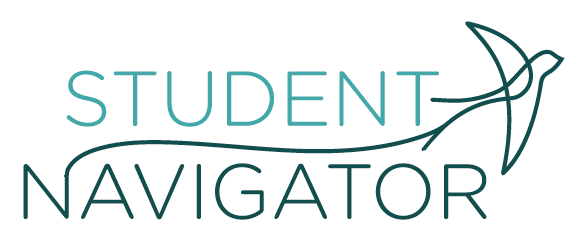Getting your career on track after graduation can feel difficult. Have you been struggling to find the ‘right’ job since you finished university? Have you fallen into the trap of staying in the ‘in-between’ job after coming home, before getting your ‘proper’ job? It is such a common situation to find yourself stuck in a rut and one of the main reasons young-adult clients come to me for career coaching. Sometimes students can focus so hard on getting their degree, that the next steps can be overlooked and, before you know it, you’ve spent six months doing some part-time work in an area that you are not particularly interested in and that seems so far removed from your ideal role, even if you’re still unsure of what that ideal role might look like.
So, how can you get yourself back on track and motivated to take some small steps in the direction of landing your dream job? Here are a few tips to getting your career on track after graduation:
Go back to basics – what’s your goal?
Sometimes it is easy to become quite demotivated after you’ve been working in a convenient and comfortable job. You can lose confidence in your own abilities and thinking about moving on to find a ‘proper’ job can feel overwhelming. Take some time to explore where you would like to be in 5 years’ time and what your ideal career is. The graduate careers website Prospects is a really useful resource to explore job profiles, suggestions of what you can do with your degree subject and a job-match quiz to generate some career ideas related to your strengths and interests. Targetjobs.co.uk, a graduate jobs website, might also inspire you and help you to work out what sort of role you do want long term.
Be realistic
Remember that it might take a few years to get where you want to be, especially if you need to gain extra qualifications or build up relevant experience. Don’t get disheartened if you don’t land the perfect job in a couple of months. Career journeys can often be winding and meandering – we don’t always get straight to where we want to be with one move. Are there small steps you can take, such as working in an entry-level role in a related industry to that of your ideal career, to get one step closer to your goal?
Also think about your limitations – how far can you realistically travel for work? Are you financially able to carry out unpaid work experience or take on additional training? While you may ideally want to become a pilot, for example, you might not have the financial or time resources available to pursue this. At this point you can research related careers which may be more achievable.
Do your research!
Knowledge is most definitely power when it comes to career planning and employment. Knowing what options are available to you, both in terms of potential longer-term careers and current job opportunities, means that you can make an informed decision about what path to take. Think of your career planning as research project. You may also want to explore LinkedIn to look at the career experiences and trajectories of potential professional role models or people you admire. Where have they worked and how did they get to their current position? This might provide some inspiration for your own career planning.
Review your plan regularly
Sometimes people can make the mistake of coming up with a fixed plan, rather than keeping actively engaged with the process of career planning. Be aware your current goal might actually change as time goes on, or your personal circumstances or priorities change. It can be helpful to mentally check in with your plans periodically and to reflect on what your next opportunities may be once you have reached your current goal.
It can be so easy to get stuck in a rut after finishing university, but by taking some time to reflect on what you would ultimately like to do and identifying some small steps to get there, you can regain control of your career. And remember not to be disheartened if the journey has a few twists and false starts on the way; it’s often more of a winding road than a straight path from A to B.
If you are getting your career on track after graduation, get in touch to explore career guidance sessions with Student Navigator, either online or in person at our base in Leeds.

